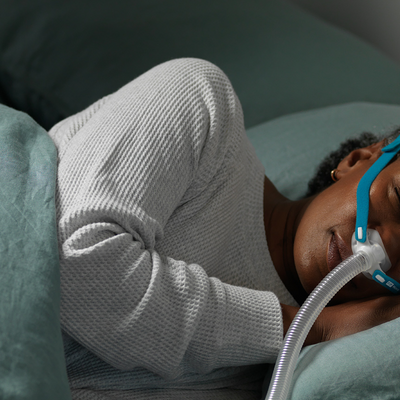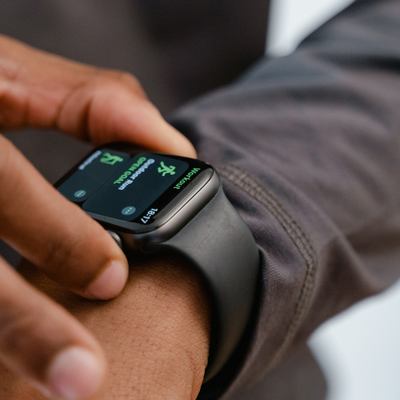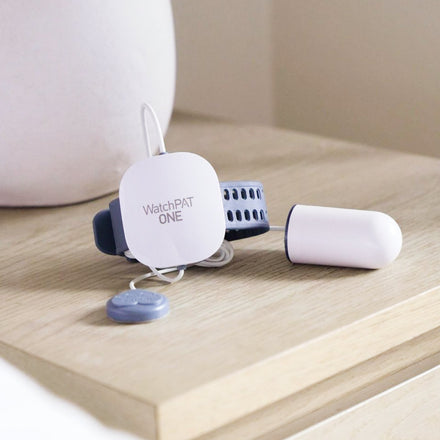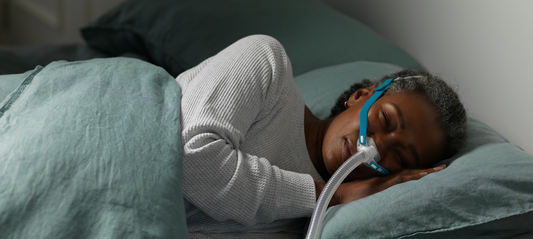According to a recent study completed by the American Academy of Neurology, people with Obstructive Sleep Apnea were more likely to score lower on cognitive tests than those who did not have OSA.
-----
A preliminary study to be presented at American Academy of Neurology’s (AAN) 73rd Annual Meeting has made new observations on the relationship between obstructive sleep apnea (OSA) and cognitive impairment. The study will be presented at the AAN meeting, to be held virtually April 17 to 22, 2021.
Cognitive impairment includes memory and thinking problems that affect concentration, decision making, and learning new things. The risk of cognitive impairment increases as people age.
“Better sleep is beneficial to the brain and can improve cognitive skills. Yet in our study, we found that over half of the people with cognitive impairment had obstructive sleep apnea,” says study author Mark I. Boulos, MD, of the University of Toronto in Canada and member of the American Academy of Neurology, in a release. “We also found that those with the sleep disorder had lower scores on thinking and memory tests. Fully understanding how obstructive sleep apnea affects this population is important because with treatment, there is potential to improve thinking and memory skills as well as overall quality of life.”
The study involved 67 people with an average age of 73 who had cognitive impairment. Participants completed questionnaires on sleep, cognition, and mood. They also took a 30-point cognitive assessment to determine their level of cognitive impairment. Questions included identifying the date and the city they were in and repeating words they had been asked to remember earlier in the test. Scores on the test range from zero to 30. A score of 26 or higher is considered normal, 18-25 signifies mild cognitive impairment, and 17 or lower signifies moderate to severe cognitive impairment.
Participants were given at-home sleep apnea tests to determine if they had obstructive sleep apnea...
-----
Read the full article here.



















